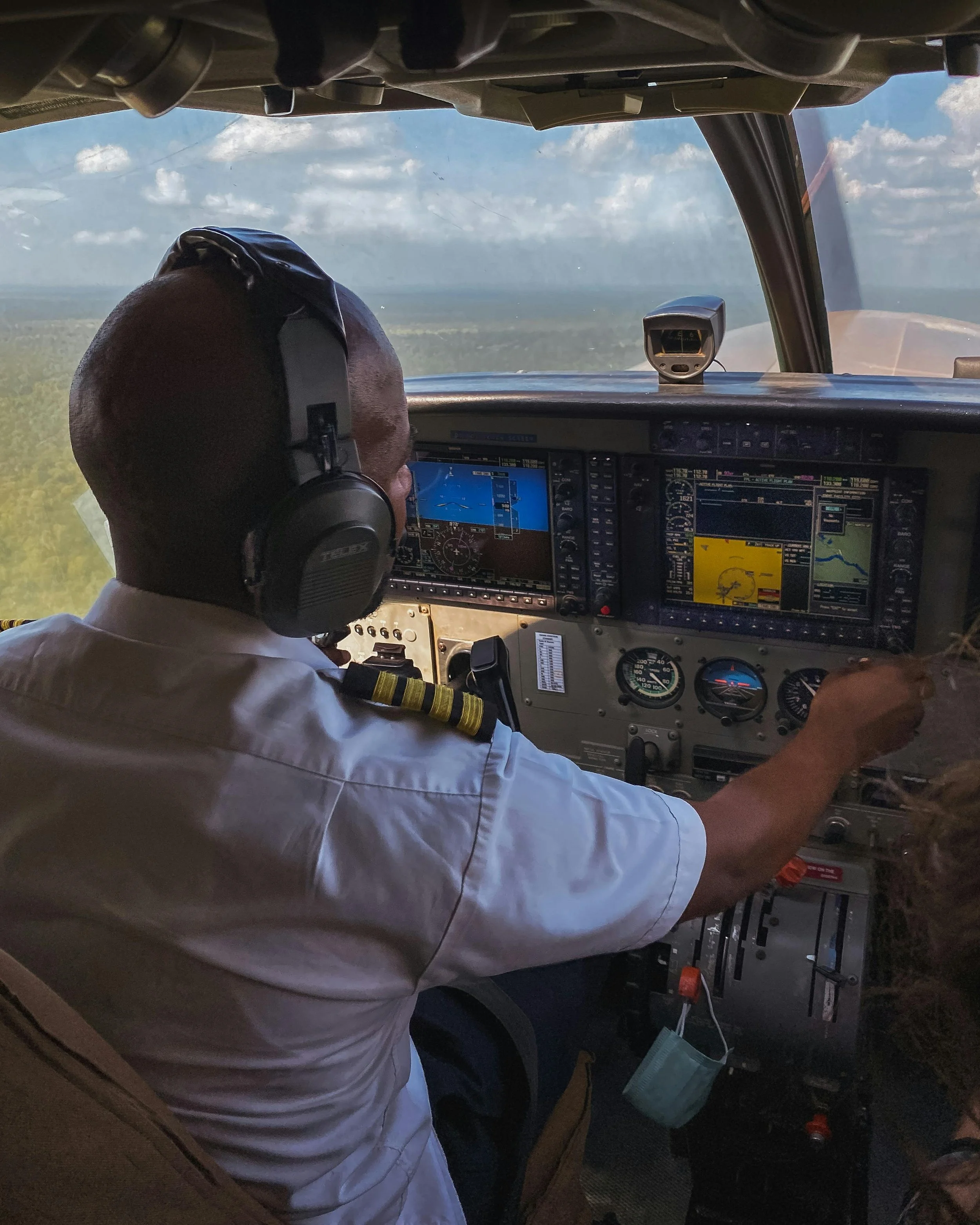Five things every aspiring pilot needs to know …
by Captain Wayne (Rusty) Baker
Affiliate Disclosure
Some of the links on this blog are affiliate links. This means that if you click on a link and make a purchase, I may earn a commission at no additional cost to you. I only recommend products and services I genuinely believe in. Thank you for your support!
Anyone considering learning to fly, and ESPECIALLY anyone considering a career in aviation will have a lot of questions. Here are the ones you are probably already asking, probably in this order:
How much is it going to cost?
How long will it take?
What does the job market look like for a new pilot?
Where should I train?
Do I meet the qualifications to become a pilot?
The answer to all these questions is, “It all depends.”
I’ll go into more depth in upcoming posts, but for now, let’s start with what I think should be the first question: “Do I meet the qualifications to become a pilot?”
The reason I say this should be the first question is because if you don’t, it is better to find that out before you invest time and money in flight training. And the biggest consideration in answering this question is if you will be able to pass an FAA medical examination. And again, that depends upon what sort of flying you want to do.
There are three types of medical certificates issued by the FAA.
Class I is required for anyone serving as pilot in command on a transport category (airline) aircraft.
Class II is required for a commercial pilot certificate, meaning you can fly for hire and do virtually any job other than that of an airline captain. This would include crop dusting, flight instructing, air taxi, and corporate flying. Some airlines will allow first officers (aka copilots) to fly as second in command with a Class II medical.
Class III is all you need to fly as a private or student pilot.
And for ultralight and drone pilots, no medical is required.
I recommend scheduling a First Class medical examination with an FAA-certified Aviation Medical Examiner (AME) prior to getting too far into your flight training. The sooner, the better. That way, you will know and can make informed decisions regarding training.
The reason I recommend scheduling the First Class medical is so that you will know if you can pass the most restrictive examination. If you can, you are good to go with any flying career path. If you only qualify for a Second Class medical, then you are somewhat limited, but not eliminated from flying for a living. Not passing the first or second class exams would restrict you to being a private pilot if you could still pass the third class exam.
“How much is it going to cost?”
The answer to this question depends upon a number of factors. The first being, how far do you want to go with your flying career? Do you only want to obtain a private pilot certificate so you can go flying alone or with friends under VFR (Visual Flight Rules) conditions only and not be paid? You can reach that goal much quicker and with much less expense than if you want to get your instrument, commercial, multi-engine, flight instructor, and Airline Transport Pilot ratings. Where you get the training will also play a significant role in both the amount of time and money invested. Training with an FAA-approved flight school will allow you to complete the curriculum with less flying hours, which generally translates to less cost than going to your local airport . To be clear, either way you will be taught by instructors who have the same credentials.
As for what the future holds for aspiring pilots, the general consensus is that there is a shortage of qualified pilots and that trend is forecast to continue. But as with everything, there are no gaurantees. Economic downturns, wars, pandemics, and heck, even advancements in Artificial Intelligence will no doubt be factors. But I will tell you this. You definitely will not be flying if you don’t bet on yourself and get the training, then take whatever flying jobs come your way until you get enough experience to get the job you really want.
I will soon be posting more detailed guidelines for those of you with an eye toward the sky, and I will post links to them.
therustyhangar.com/how-to-become-a-pilot
therustyhangar.com/where-to-train
therustyhangar.com/the-life-of-a-newly-hired-airline-pilot
